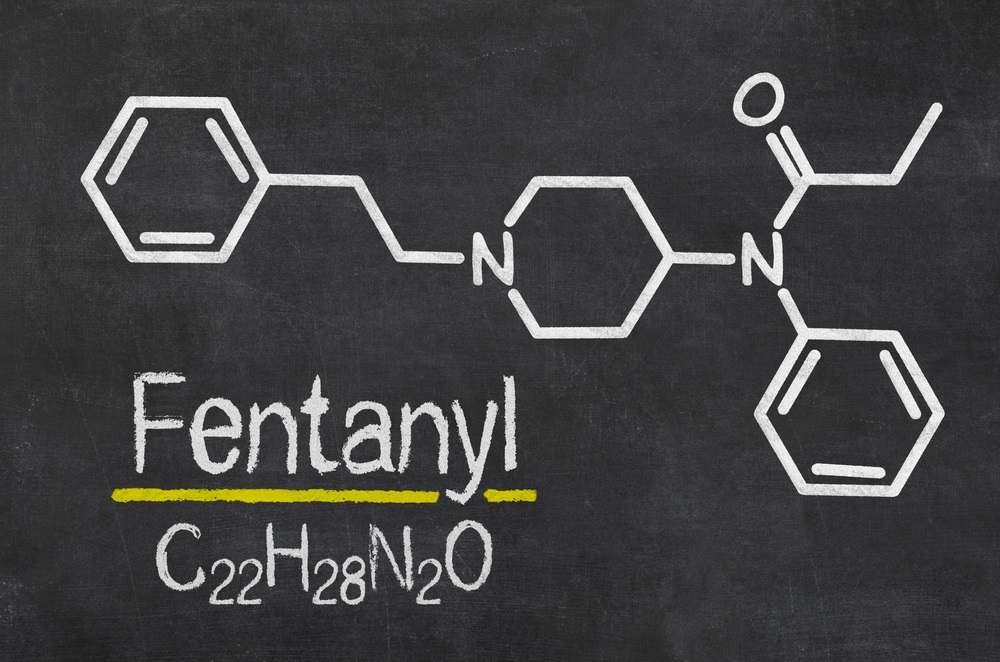Pressure, both financial and legal, is growing on an Arizona-based drug company that relied on the sales of a powerful opioid to drive its revenue.
Investigators in 15 states are probing whether Chandler-based Insys Therapeutics engaged in illegal practices to encourage the sale of Subsys, which is the highly powerful, addictive and sometimes deadly fentanyl in spray form.
The company’s share price is plummeting, and former employees face criminal charges, plus two doctors accused of writing out roughly a quarter of a million prescriptions, $4.9 million worth, to Medicare recipients, out of just two clinics in Mobile, Alabama.
Some of those prescribed drugs were used by addicts, or “diverted to drug traffickers,” the federal indictment against the two doctors alleges.
Insys co-founder and billionaire Chairman John Kapoor personally visited the two doctors, while the company paid them approximately $270,000 in fees to work as consultants and speakers, according to a report in the Wall Street Journal, which cited those familiar with the meeting and federal data.
One salesperson already has pleaded guilty to bribery and deceptive practices, accused of encouraging Mobile-based Drs. John Couch and Xiulu Ruan to prescribe the powerful painkiller. It is approved for easing pain in late-stage cancer patients.
Doctors can prescribe whatever medicine they want, but it is illegal for a company, or its representatives, to market a drug for use off label, or beyond what it is approved for patients. It is also illegal for doctors to take kickbacks for prescriptions.
Federal prosecutors accuse the two doctors of accepting kickbacks in return for prescribing fentanyl, a drug 100 times more powerful than methadone and linked to thousands of overdose deaths in recent years.
In a separate case, two Insys salespeole, based in New York, are accused of paying kickbacks to doctors to prescribe Subsys. Court documents said the doctors wrote a total of more than $6 million Subsys prescriptions in 2014.
The number of people who died from fentanyl-linked overdoses in 2015 is conservatively estimated at just over 5,500, up from a few hundred in 2013. In New Hampshire, for example, the 2014 death toll stood at 261, up from 19 the previous year.
Those dead include users who sourced the drug legally, but also many who bought on the black market and were purchasing what they thought was heroin, but which included, or was entirely, fentanyl. Illegal drug traffickers, mainly based in Mexico, are now producing fentanyl illicitly.
Insys reported that its third quarter net revenues, to the end of September, dropped nearly 40 percent from last year’s third quarter, down to $55.2 million from $91.3 million in 2015.
Since the earnings report, the 28 percent drop in Insys shares has shaved some $470 million off Kapoor’s net worth, lowering it to $1.63 billion, Forbes magazine said.
“Although Subsys volumes declined in the quarter, we are pleased to have maintained a mid-40 percent market share and believe the product will continue to provide a solid financial foundation for growth and to support our R&D efforts,” Kapoor said in a statement.
Amid myriad investigations by prosecutors and the media, Michael Babich stepped down as CEO, and Kapoor took over.
Insys salesperson Natalie Reed Perhacs, who in February pleaded guilty to bribery, may be a witness for the prosecution against the two Mobile-based doctors.
Her plea agreement said she was not hired because of her knowledge or experience working with controlled substances, like Subsys. She was hired to "induce, and in exchange for, Dr. Ruan continuing to prescribe Subsys."
"Perhacs had a strong financial incentive to do so, and to turn a blind eye to illegal kickbacks being paid by Company A (Insys) to Dr. Ruan and Dr. Couch. Despite earning a base salary of only $40,000 per year, commissions from off-label prescriptions written by Dr. Ruan and Dr. Couch resulted in Perhacs making over $700,000 between April 2013 and the doctors' arrests on May 20, 2015,” the court documents reveal.
Ruan's lawyer, Dennis Knizley, told CNBC that Ruan is no longer actively practicing medicine. The biggest reason, his lawyer said, was the investigation and prosecution, which have "crippled him" in the public and financially.
"They (the government) have seized, without a hearing, millions of assets of his," Knizley said.

